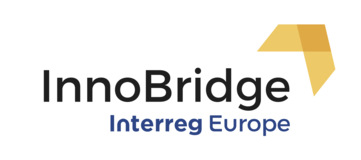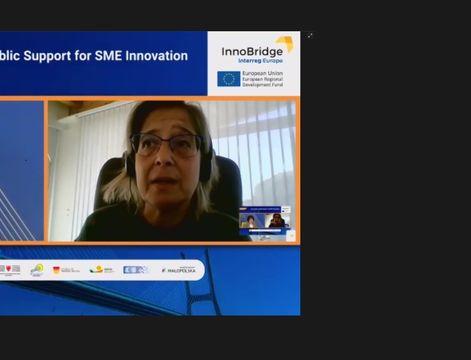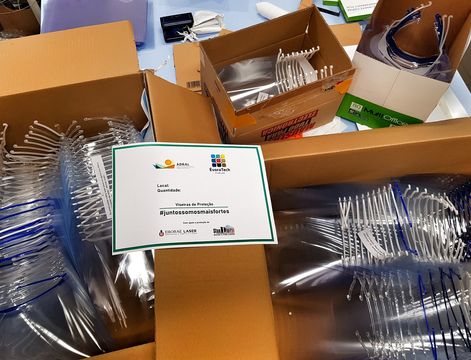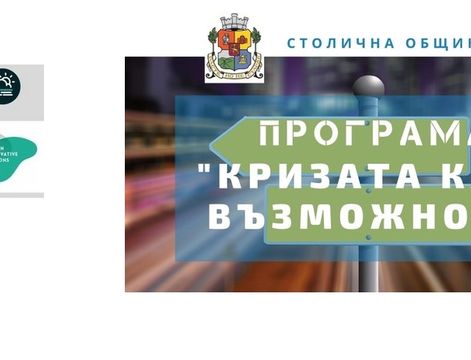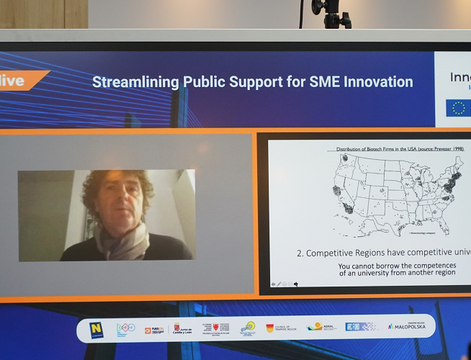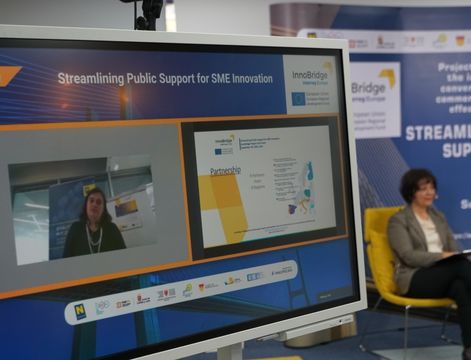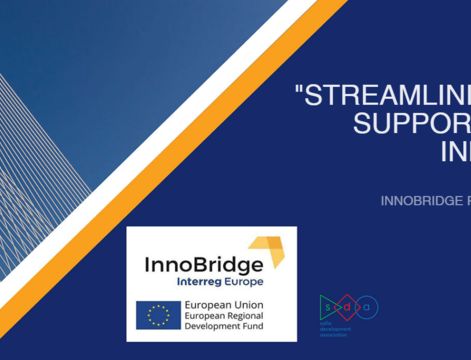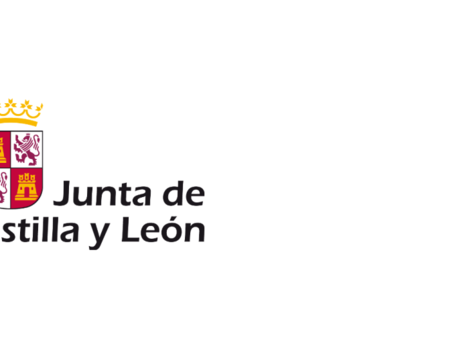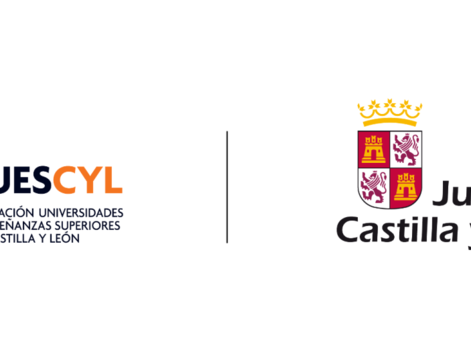The 3rd InnoBridge Interregional Learning Workshop took place in Évora on 12th, 13th and 14th of December, hosted of the Partner ADRAL – Alentejo Regional Development Agency, in which the two Peer Review Workshops for the policy instruments of Alentejo and Malopolska took place.
The Alentejo Peer Review Workshop for Alentejo dealt with the policy instrument “Measure: Tipologia de Investimento “Investigação e Desenvolvimento Tecnológico” (Type of Investment “Research and Technological Development”)”, part of “Alentejo 2020 – Regional Operational Programme of Alentejo, Investment Priority 1.2. Promoting business investment in R&D, the development of links and synergies among businesses, research and development centers and the higher education sector”.
Daniel Janeiro and Rui Barroso, ADRAL, have given the overview over the policy instrument and related support services. Critical questions from partners, forwarded to ADRAL before the Évora meeting, were answered and discussed in more detail as far as possible.
In the Peer Review workshop ADRAL’s main question was focusing on one issue: how to bring more focus into the process of Smart Specialization in the Alentejo Region?
Several partners pointed out that the process of Smart Specialization should be the responsibility of the respective region in cooperation with communities, to identify ideas and develop cooperation among the actors for the implementation of these ideas. Analysis of data by universities and development of scenarios with expected future results should be used to develop the smart specialization topics. Smart specialization has to focus on the competencies of the region and is an excluding approach which means that not all regional competencies/potentials can be selected for smart specialization. On the other hand other existing competences and potentials in the region beside the smart specialization topics should also be supported by the regional innovation support. Smart Specialization Strategies have to be strongly interlinked with the Regional Innovation Strategy, and even more needs to be inherent part of the Regional Innovation Strategy.
Partners recommend to start a discussion with all relevant actors about the direction of Alentejo’s smart specialization process as soon as possible. So far no results of the measures of the Operational Program are expected before the end of the period as point of departure for a discussion among the regional actors in Alentejo.
Regarding the SWOT analysis for Alentejo’s policy instrument, Partners acknowledge the improvements in terms of electronic applications.
On the other hand, Partners see particular weaknesses regarding the strategic approach of fostering R&D in the Alentejo region, including the parallel process of the smart specialisation and implementation of the regional innovation policy as well as the weak collaboration among the relevant actors, including the universities. Other weaknesses are the limited R&D capacity of Alentejo’s companies and the missing result orientation for the reviewed policy instrument.
Setting up a systematic process with involvement of the relevant regional stakeholders in terms of clear topics for smart specialisation in coherence with the implementation of regional innovation policy is considered a great opportunity for Alentejo. (Interim) results of the running policy instruments by in-process and ex-post monitoring with success stories can be very helpful for this process.
Low R&D capacity in the region and high dependency from European Programmes are considered as main threats for Alentejo’s R&D and innovation policy.
